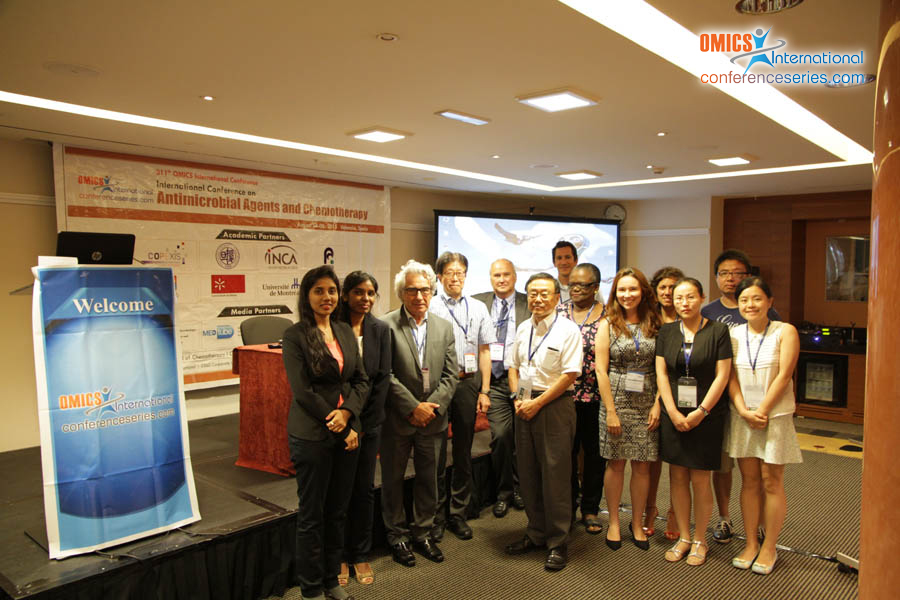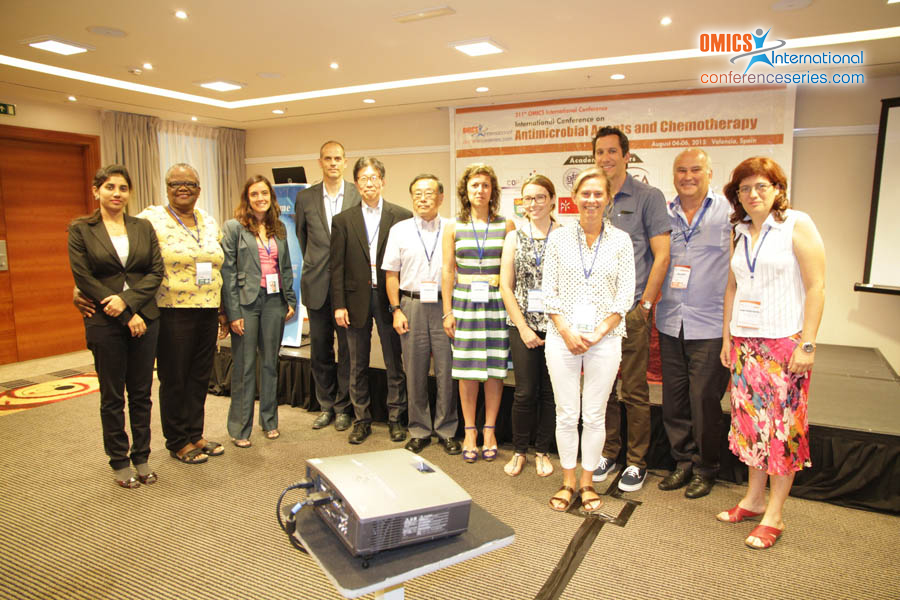
Wen Wen Xu
The University of Hong Kong, China
Title: Role of miR-29c in modulating the paracrine crosstalk between esophageal cancer cells and stromal fibroblasts in the tumor microenvironment
Biography
Biography: Wen Wen Xu
Abstract
Esophageal cancer is the 8th most common cancer worldwide, with more than 480,000 new cases diagnosed every year. Angiogenesis is a major clinical feature of aggressive esophageal squamous cell carcinoma (ESCC). However, understanding of the cellular and molecular mechanisms of tumor angiogenesis remains poor. Our results demonstrated that insulin-like growth factor 2 (IGF2) secreted by ESCC cells could activate stromal fibroblasts in a paracrine manner, stimulating them to migrate and produce vascular endothelial growth factor (VEGF). Knockdown of IGF2 or neutralization of IGF2 using specific antibody greatly abrogated this effect. In silico target prediction algorithms and RT-PCR were used to screen for microRNAs that might mediate the regulation of IGF2 on VEGF. Amongst the potential candidates, miR-29c was found to satisfy the criteria of having conserved seed regions that perfectly matched with the 3’UTR of VEGF and being downregulated by IGF2. Gain- and loss-of-function studies showed that miR-29c negatively regulated the expression of VEGF in normal fibroblasts and mediated the regulation of IGF2 on VEGF. Results from luciferase reporter assay indicated direct binding of miR-29c to the 3’UTR of VEGF. More importantly, analysis of GEO datasets showed stromal VEGF to be a prognostic biomarker in breast cancer, and its potential in ESCC prognosis will be evaluated. Taken together, these data provide the first evidence showing that the IGF2/miR-29c/VEGF regulatory axis may have an important role in tumor progression.



